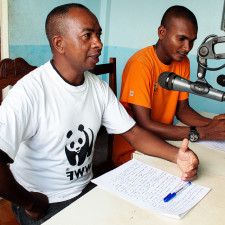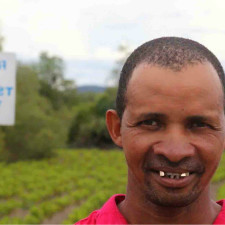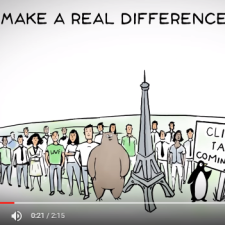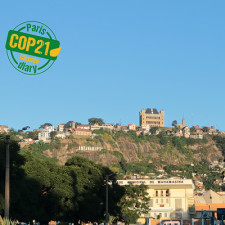
La voix des mangroves du Melaky pour une conservation plus efficace
« Feon’ny Ala Hoko » ou la voix des mangroves, est le nom de l’émission concoctée par l’équipe du WWF et l’antenne régionale de la radio nationale malgache à Maintirano, dans le paysage Manambolo-Tsiribihina. La radio est le premier média de la région pour sensibiliser la population sur les questions relatives à la conservation selon […]
Read more




